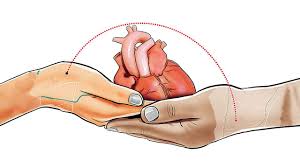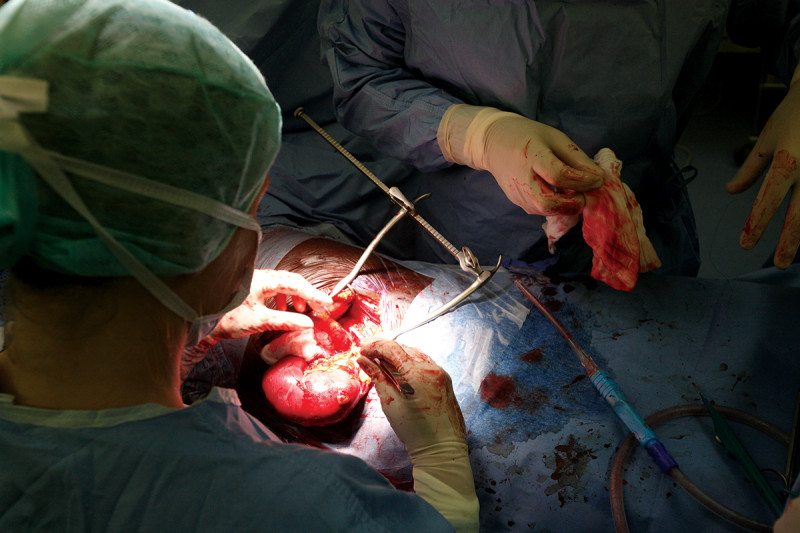Loading
“More than 100,000 people are waiting on the kidney transplant list, with some waiting for weeks, months, or even years for the call that could change their life.
That makes what happened at Houston Methodist in October even more extraordinary.
Ten people, including a husband and wife, a boss and her employee, a mother and son, two sisters, and two cousins, took part in a kidney swap. The five pairs were strangers before they walked into the hospital and left with a life-long bond.
Tara and John “HB” Berliski from Magnolia, Texas, have been married for 15 years.
HB started experiencing pain 20 years ago and thought he pulled a muscle. Doctors soon discovered his kidneys were enlarged because of polycystic kidney disease. HB had both kidneys removed, went on dialysis, and waited for a donor.”
Read the full news story, here.
Loading









